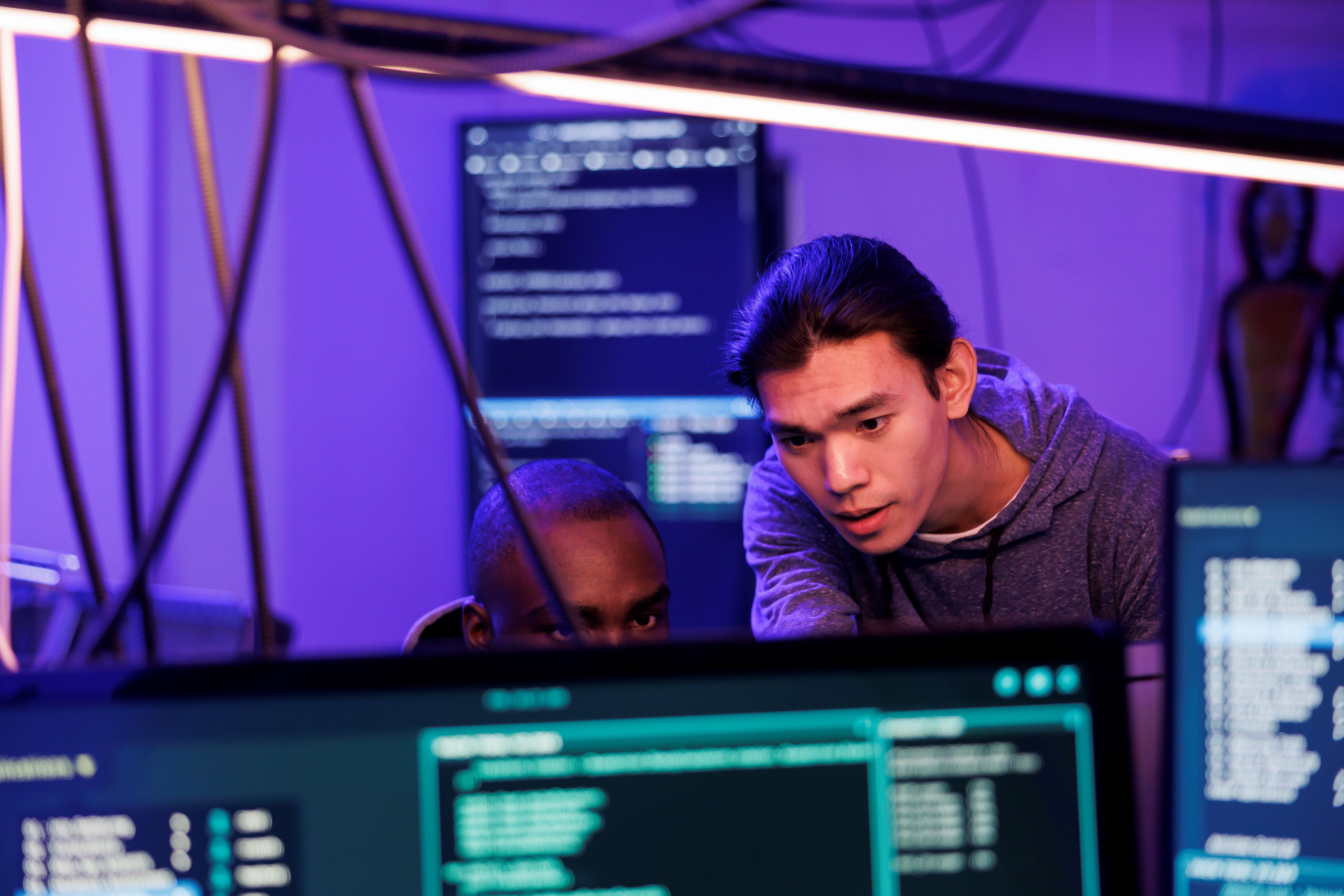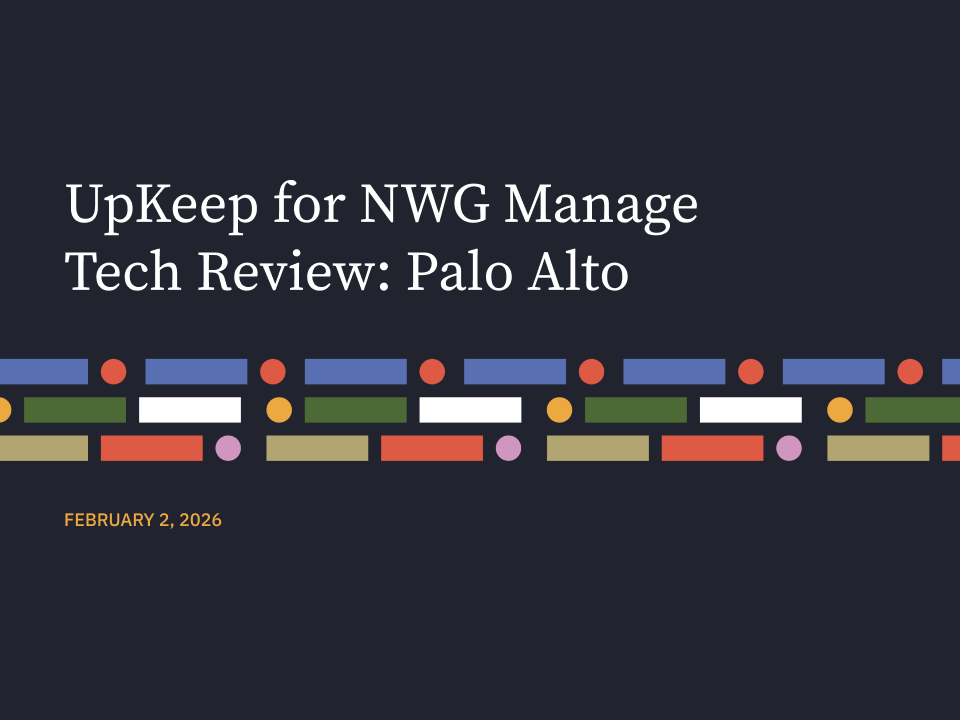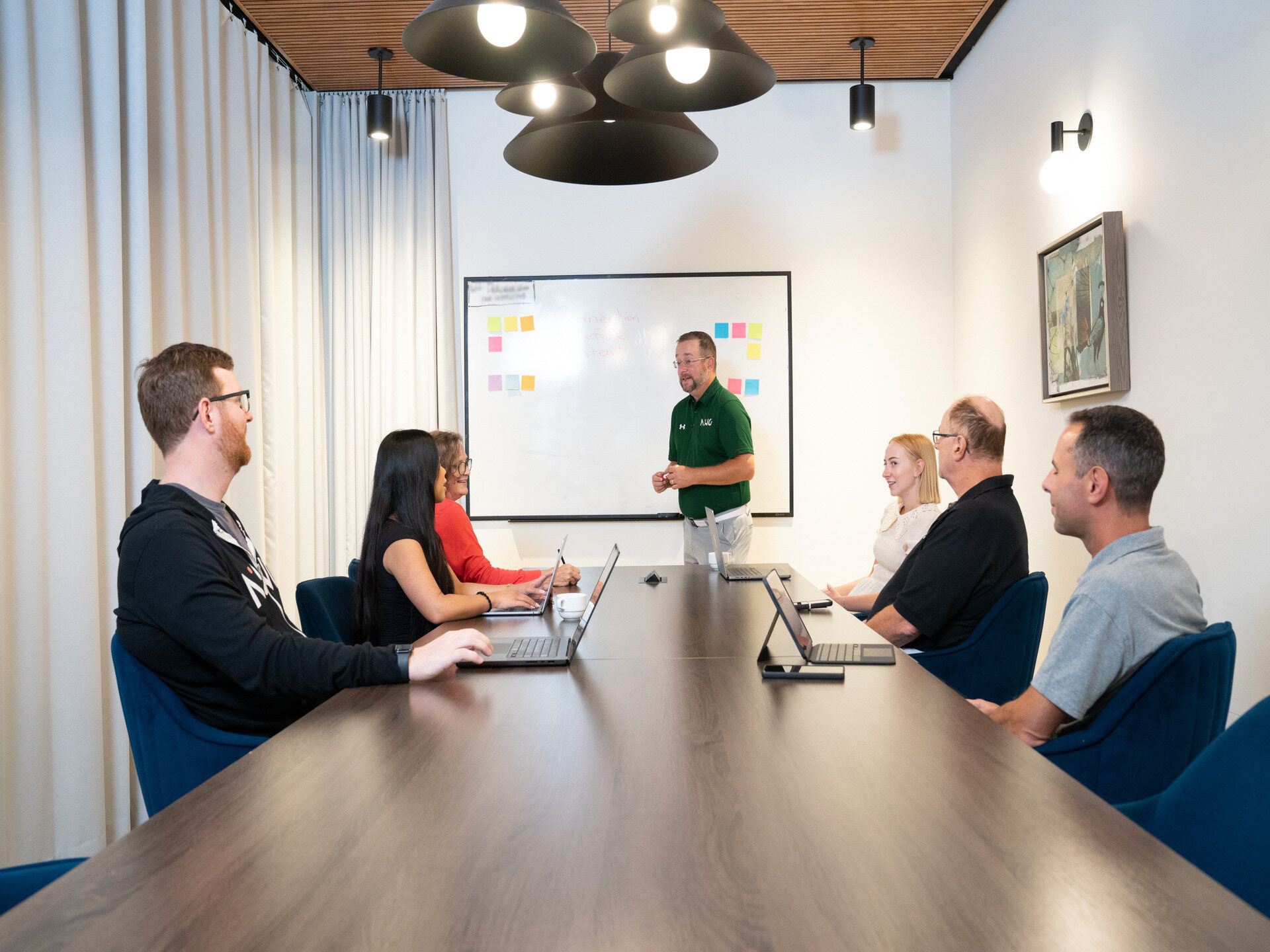August 21, 2024
Why Penetration Testing Should Never Be Adversarial: A Collaborative Approach to Cybersecurity


In the dynamic and rapidly changing field of cybersecurity, penetration testing (pentesting) is pivotal in identifying vulnerabilities before malicious actors can exploit them. However, there is a common misconception that pentesting is inherently adversarial, pitting testers against defenders in a combative manner.
This adversarial mindset can be counterproductive and detrimental to the ultimate goal of enhancing security. Instead, pentesting should be regarded as a collaborative effort to strengthen an organization's defenses. Here’s why.
The Pitfalls of an Adversarial Mindset
- Erodes Trust and Communication
When pentesters and defenders perceive each other as adversaries, it creates barriers to effective communication and trust. Defenders may become defensive, hiding information or downplaying issues, while testers might adopt an "us vs. them" attitude, prioritizing scoring points over finding solutions. This dynamic can lead to incomplete assessments and unresolved vulnerabilities, ultimately weakening the organization's security posture.
- Missed Learning Opportunities
An adversarial approach can result in missed opportunities for knowledge sharing. Pentesters often have valuable insights and recommendations to help defenders understand attack vectors and improve their strategies. Conversely, defenders possess in-depth knowledge of the systems and processes that can guide testers in conducting more focused and relevant tests. These learning opportunities are lost when collaboration is absent, and the organization suffers.
- Undermines Organizational Goals
Both pentesters and defenders share the same goal: protecting the organization from cyber threats. When the process becomes adversarial, it can distract from this shared objective. Resources and energy that could be used to enhance security measures are instead wasted on internal conflicts. This misalignment undermines the organization's overarching mission of achieving robust security.
Embracing a Collaborative Approach
- Foster Open Communication
Encouraging open lines of communication between pentesters and defenders from the outset is crucial. Regular meetings, debriefs, and collaborative workshops can help both parties understand each other’s perspectives and work together more effectively. Transparency in sharing findings and methodologies builds trust and facilitates a more thorough security assessment.
- Promote Mutual Respect and Understanding
Recognizing that both pentesters and defenders bring valuable skills and knowledge to the table is essential. Promoting mutual respect creates a positive working environment where everyone feels valued and motivated to contribute to the common goal. Training sessions and cross-functional team-building activities can help foster this respect and understanding, leading to a more cohesive security team. Having a sense of empathy puts findings in perspective and helps foster teamwork.
- Focus on Shared Objectives
It is vital to reinforce the idea that pentesting is not about "winning" or "losing" but about uncovering risks to improve the organization's security posture. Clearly defining the objectives of the pentest, such as identifying vulnerabilities, assessing the effectiveness of defenses, and providing actionable recommendations, ensures that everyone is working towards the same end goal. This alignment of objectives promotes a unified approach to security.
- Engage in Continuous Improvement
Pentesting should be viewed as an opportunity for continuous improvement rather than a one-time evaluation. After the test, conducting a thorough debrief to discuss findings, lessons learned, and areas for improvement is crucial. Developing a roadmap for addressing vulnerabilities, enhancing defenses, and planning follow-up tests to measure progress ensures that the organization continuously evolves and strengthens its security posture.
In conclusion, adopting a collaborative approach to pentesting fosters trust, encourages knowledge sharing, aligns organizational goals, and promotes continuous improvement. By viewing pentesters and defenders as partners rather than adversaries, organizations can build stronger defenses and achieve a higher level of security resilience.
To find out what a high-quality pentest looks like, read our ebook - and share it with your peers and management. If you would like to ask us any questions or check how pentesting could work for you, feel free to contact us.
—
About the Author: Chris Neuwirth is Vice President of Cyber Risk at NetWorks Group. He leverages his expertise to proactively help organizations understand their risks so they can prioritize remediations to safeguard against malicious actors. Keep the conversation going with Chris and NetWorks Group on LinkedIn at @CybrSec and @NetWorksGroup, respectively.
Published By: Chris Neuwirth, Senior Penetration Tester
Publish Date: August 21, 2024






